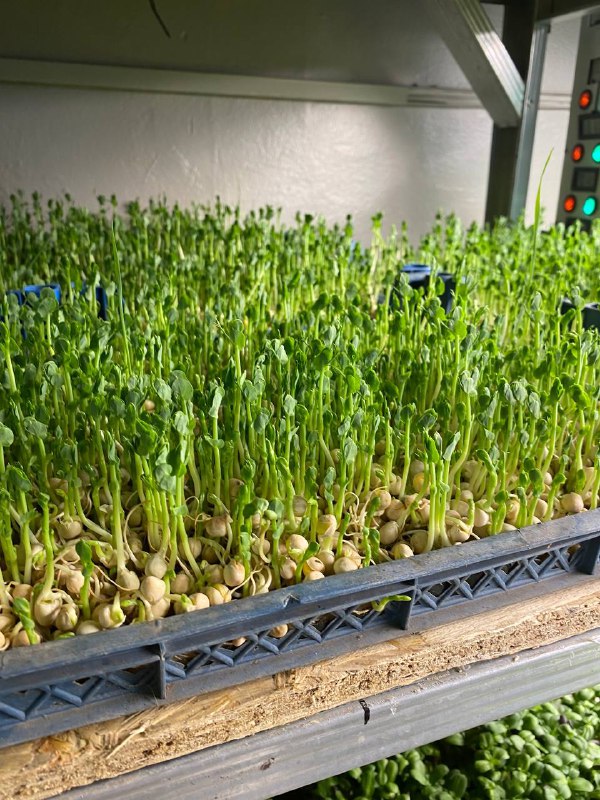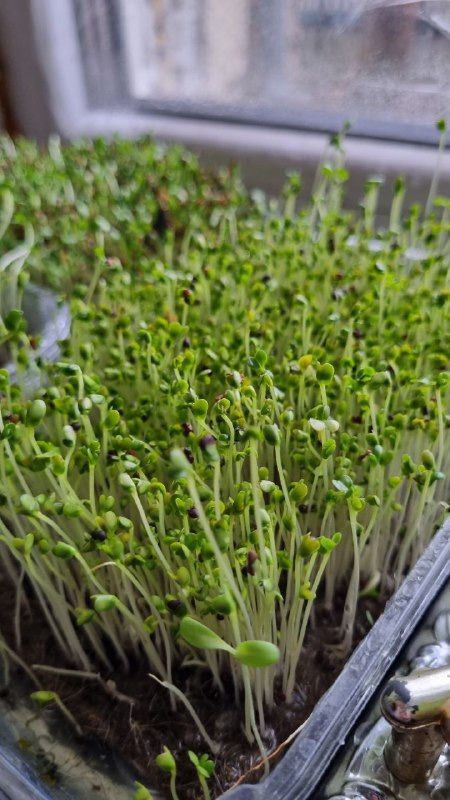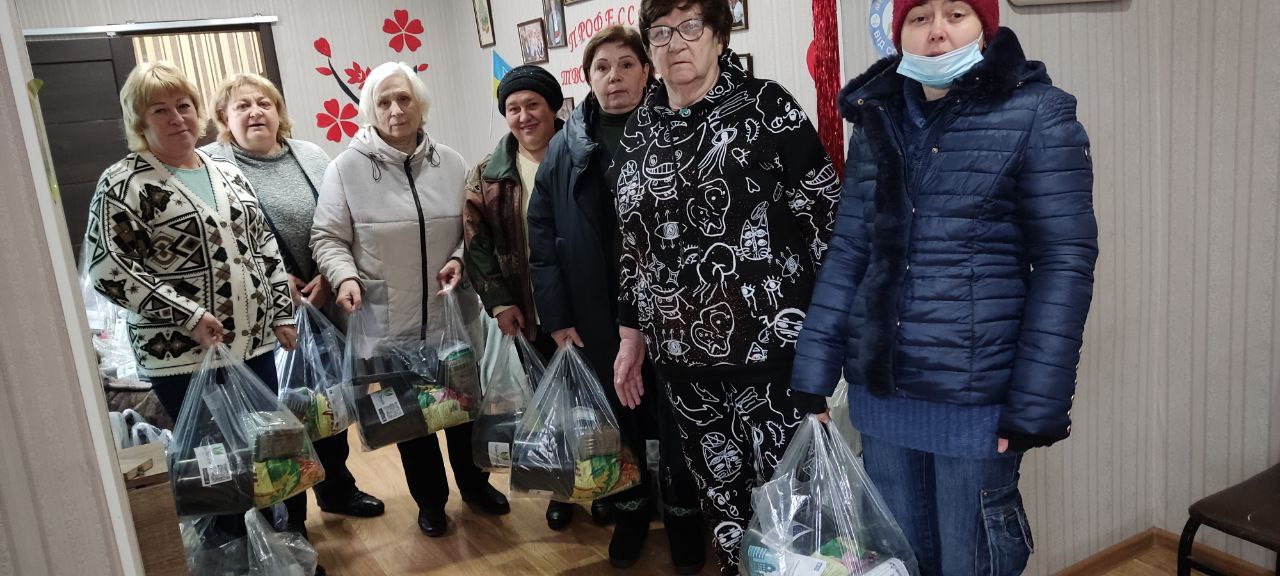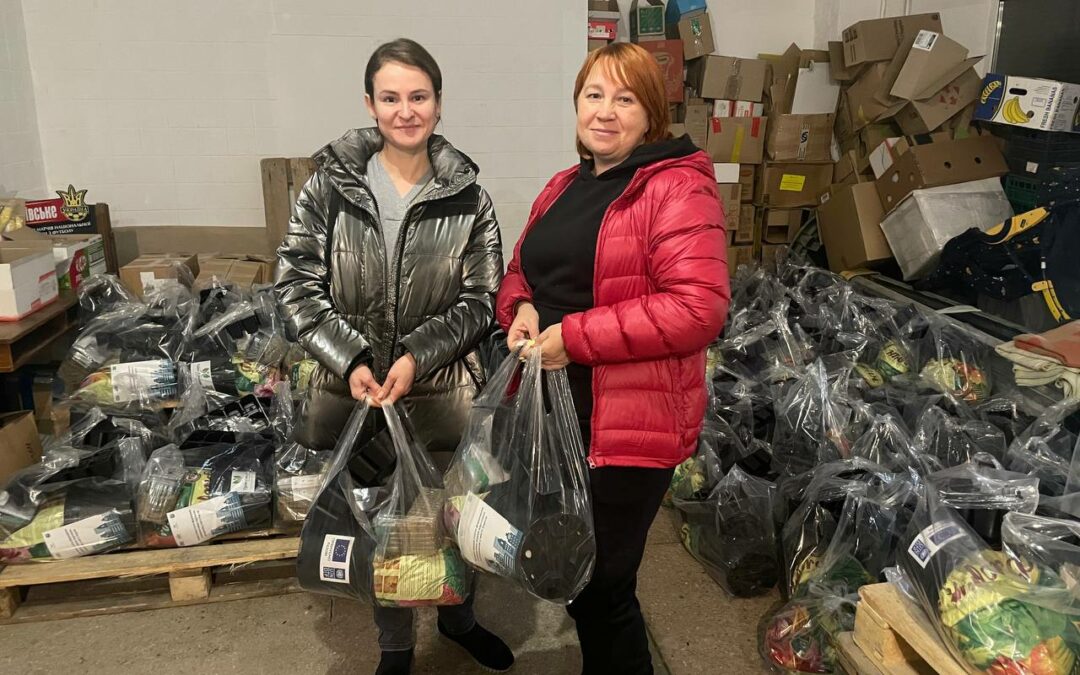It’s been a long time since the last news from us, so we have a lot to tell.
The state of affairs
Kharkiv and the Kharkiv region have been shelled daily since the beginning of the invasion, and only in the last month has it been relatively quiet in the city. Since the last news from us, the armed forces of Ukraine have almost completely liberated the Kharkiv region from the invaders. However, at the same time, food and agrarian problems only grew. Prices for products are rising catastrophically, farmers are facing colossal problems, people are killed at least once a week in mined fields. At the same time, grocery stores continue to open in Kharkiv, fields are cultivated, and production is relocated. This year we were able to sow only a little more than half of the fields, but we did.
So, what are we doing right now in these conditions? We continue our analytical and consulting activities (we are sociologists) which helps the authorities and, in fact, our Food Council in management and decision making. We are in constant contact with the military administration. Here it is necessary to explain that according to the martial law in all regions of Ukraine, the main governing body is the military administration, to which the city administration and all relevant authorities are subordinate. We hold informational activities and hold point-to-point discussions regarding food problems and food sustainability in student and professional circles and engage active student groups. The students contribute by reflecting on ways to promote and implement the ideas of FUSILLI. Our academic activities also continue: we research the city’s food problems during the war and spread this knowledge in both domestic and international academic circles.
In this way we try to support the development of Living Labs in the conditions of war.
“Everyone can become a farmer: creation of new food chains in the city of Kharkiv”
The implementation of this project was perhaps the most valuable to us. The mini urban food project was implemented by Karazin University’s School of Sociology within the framework of FUSILLI with the assistance of the United Nations Development Program and with the financial support of the European Union within the framework of the United Nations Peacebuilding and Reconstruction Program together with the NGO “GreenLandia” and Green for you.
This project was designed for older residents of Kharkiv city, who, during the hostilities, in particular the shelling of the city, remain deprived of the opportunity to reach the market or shops. Therefore, the goal of is to consolidate the humanitarian efforts of Kharkiv farms and volunteers, to create a network of help for lonely older people. First of all, this concerns not only providing targeted and emergency humanitarian assistance, but also giving the potential opportunity to independently grow herbs and vegetables.
We prepared 150 individual home-growing kits for tomatoes, cucumbers and microgreens.

The microgreens from the home-growing kits

Although we did not forget to add instructions, we are almost sure that our grandparents know better than we do on growing vegetables! To support the distribution, presentations on the instruction for the kits was held for employees that work directly with the vulnerable population.
So, where did all the vegetables and microgreens growing kits go ?
50 were delivered to the most vulnerale groups, such as lonely older people.
With the help of the Territorial Center for the Provision of Social Services of the Slobidsky District, the employees delivered the kits individually to each person in need, spent time with them, and talked about growing them. It was valuable for older lonely people during the war, not only in terms of food security, but also in terms of psychological support. At this time, this category of people, like no other, needs attention.
50 sets were delivered together with the humanitarian aid of the excellent VO “Vulyk”, specialize in food support.
Our kits provide long-term support: for example, tomatoes in a set are designed for several mini-crops. We received the warmest words of gratitude: one woman who received the kit wrote to the volunteers “This summer I couldn’t get to my garden because the village was under occupation. These seeds help and support me as I remember my garden.”
30 sets went to help the elderly with the support of the Territorial Center for the Provision of Social Services of the Kyiv District
The Kyiv region is one of the most affected in Kharkiv, as this region had the largest number of private houses with house gardens that were destroyed. Even a small amount of seeds helped these elderly people try to recover what they had lost.
Another 20 sets will now grow on the windowsills of the NGO Green Landia.
It is worth noting that this NGO takes care of people with disabilities, for whom wartime is even more difficult than for all other Kharkiv residents. For them, the cultivation of our kits plays a particularly important role for them – psychological relief.

Delivering the kits to those in need
Catching up on other current work in Kharkiv
As part of analytical activities, our employees continue to create a catalog of agricultural enterprises, home farms, urban gardens, taking into account military changes. At this near-final stage of work, the catalog consists of more than 250 pages of information, analytics and business contacts. The catalog separates information by region, as well as by type of crops grown. Work is also underway to create online business maps.
In cooperation with the administration and the military administration, active work is done on issues of urban food and volunteer support. Thanks to the efforts of project participants, equipment for the reconstruction of the city, winter clothes and other supplies were delivered to the city from the USA.
FUSILLI representatives from Kharkiv took part and presented FUSILLI in both international (Georgia) and local scientific and popular science events during the summer. Unfortunately, all work in the current conditions is carried out online. But this also has positive aspects: we can attract a larger audience due to the accessibility of the event (at least we could before the power outages).
Our young researcher Ruslan Zaporozhchenko gave a speech at the plenary session of the international scientific conference “Sociology in (post)modernity”, which was organized by the School of Sociology of Karazin University. The topic of the report is “The impact of the Ukrainian food crisis on the globalized world: the obvious and the invisible“. As part of his report, Ruslan demonstrated the results of research within the framework of the FUSILLI project, which was devoted to the analysis of the current food situation in Ukraine and its impact on the world. First, he discussed the food crisis, as well as the price increase of food products in African and Middle Eastern countries. Second, it was about the importance of Ukrainian supplies of sunflower oil to European and Asian countries was explored.The third focus was on, the issues on neon production and its supply to the world market. As a result, the study showed that Ukraine is an important food hub in the world:
i) it supplies almost half of global sunflower oil;
ii) is the second largest supplier of grain crops;
iii) supplies more than 50% of neon to the world market.
But the war made adjustments to these processes and set in motion a kind of pendulum. As a result , the world is seeing an increase in the price of grain crops, problems with the semiconductors production , and a decrease in the production of snacks,chips, and dairy products.
Also in the framework of FUSILLI, Daria Yashkina and Ruslan Zaporozhchenko were guest speakers at the Week of Science (a cycle of popular science lectures for university students on various topics and issues). As an interesting topic, they prepared a presentation about food in TV series. Daria talked about real food in ‘real’ series, like American sitcoms, while Ruslan focused the attention of those present in fantasy series:, on fictional foods in fictional worlds.
The Food City Council is also active. One of the important changes in the process of the city’s food development is the active dissemination of urban ideas in agriculture. Planted crops can now be found in almost every area of the city, which are supported by local residents and employees of city organizations. This initiative came and has been known since the Second World War, when such plantings in cities were called gardens of victory.
